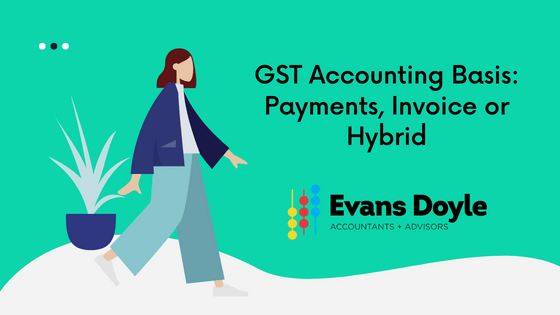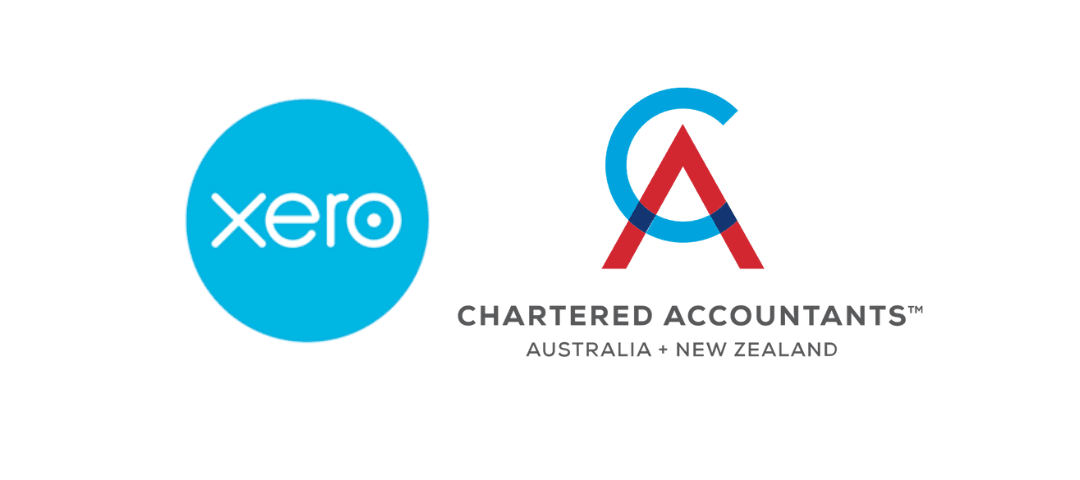When registering for GST, taxpayers have a choice to register on an invoice basis, payment basis, or hybrid basis. For businesses that meet the criteria, we usually recommend registering on a payments basis because it is simpler, has less administrative time and costs, and GST payments align with regular cash flow cycles.
This article explains the GST payment basis criteria and why we usually recommend this option.
GST Payments Basis
To be eligible for the GST payments basis, total sales have to be $2 million or less in the past 12 months and likely to be $2 million or less in any 12-month period beginning on the first day of a month.
When you prepare your GST return on the payments basis you pay GST on the amount that has been paid in the GST period. You claim GST on the amount that has been paid in the GST period. GST payments basis can also be thought of as a cash basis as essentially you pay GST on sales in the period they are paid to you and claim GST on expenses in the period you pay them
GST Payments Basis Example
Joe Jefferies is self-employed as a landscaper, and he is registered for GST on a payments basis. Joe knows from his Xero management reports that his sales for the last 12 months total $1.5 million.
In the GST period covering 1 December 2022 to 31 January 2023, Joe is paid a total of $160,000 into his bank account by his customers for landscaping work. During the same period, Joe paid a total of $90,000 from his bank account to his suppliers for landscaping supplies. Joe calculates that he must pay GST of $20,869.57 on his sales and can claim GST of $11,739.13 on his expenses. This results in a GST payment due to the IRD of $9,130.44.
Some of Joe’s customers are slow to pay him, but because he is on a payments basis for GST, he only needs to pay the GST when he actually receives payment. This is aligned with Joe’s cash flow cycle as he has received the funds that he has to pay GST on. If Joe was on an invoice basis, he would have to pay GST in the GST period he raised an invoice to his customers (not when the cash is received). So would have to pay GST on sales he hasn’t received payment for yet and doesn’t have the cash to pay it. This is explained further in the example below.
GST Invoice Basis Criteria
While anybody can register to be on the GST invoice basis, it is mandatory to register for invoice basis if your total sales are over $2 million in the last 12 months or are likely to be more than $2 million in any 12-month period beginning on the first day of a month.
When you prepare your GST return on the invoice basis, you pay GST on the amount invoiced to customers in the GST period, even if you haven’t been paid the invoice. You claim GST on the amount invoiced to you by your suppliers in the period covered by your GST return, even if you haven’t paid them. It is important to note that if you have received a deposit from a customer before you have invoiced them, you must include the deposit as a sale in your GST return. If you’ve paid a deposit before you’ve received an invoice, you can claim the GST on that payment. GST invoice basis can be thought of as an accrual basis as you pay GST on accrued income and claim GST on accrued expenses.
GST Invoice Basis Example
Going back to our Joe Jefferies Landscaper example – Joe has picked up some lucrative landscaping contracts, and his business has grown significantly. Based on forecasts, he knows his sales for the 12 months commencing 1 April 2023 will be $2.1 million. Joe knows this means there is a mandatory requirement that he has to register for GST on an invoice basis.
On an invoice basis, Joe has to keep track of all invoices sent to his customers and all invoices received from his suppliers. Joe totals his invoices sent to customers and invoices he has received from his suppliers in the GST period covering 1 April 2023 to 31 May 2023. Total invoices sent to customers are $215,000, and total invoices received from suppliers are $110.000. Joe calculates that he must pay GST of $28,043.48 on the invoices sent and can claim GST of $14,347.83 on the invoices received. This results in a GST payment due to the IRD of $13,695.65.
Among the invoices he has sent to customers is one for $50,000 to Sloth Developments Ltd. Along with all the other invoices, Joe has to pay GST of $6,521.74 on this invoice, even though he hasn’t received payment for it yet. Joe knows that Sloth Developments are slow to pay, and he likely won’t receive the cash for another month or two.
Joe’s cash flow cycle is no longer aligned as he has to pay GST on sales, which he hasn’t received payment for. This means he needs to watch his cash flow closely and manage his debtors carefully to ensure he has the cash available to make GST payments.
GST Hybrid Basis Criteria
Anybody can register for GST on a hybrid basis. It is pretty rare to use this basis as it’s complicated to calculate. To calculate GST using a hybrid basis, you use the invoice basis to calculate your sales and the payments basis to calculate your expenses. Of all GST basis options, the hybrid basis has the worst impact on cash flow as you are paying GST on sales that are yet to be collected and only claiming GST on expenses once they have been paid.
Summary
Unless your sales are over $2 million in the last 12 months or are likely to be more than $2 million in any 12-month period beginning on the first day of a month, we recommend registering for GST on a payments basis.
There may be some other exceptional circumstances when a client is expecting to receive significant invoices upfront (to claim GST), when invoice basis may be appropriate.
In comparison to invoice and hybrid basis, payments basis is much more simple to calculate, and it requires less administrative time and cost, it aligns with the business’ cashflow cycle and makes cash management easier
Contact Us
Contact Tim Doyle or Jane Evans today to discuss GST accounting basis (or any other matter) on 07 823 4980 or email us. Our office is in Cambridge, NZ, but distance is no problem. We have many international and national clients.
This material has been prepared for informational purposes only, and is not intended to provide, and should not be relied on for, tax, legal or accounting advice. You should consult your own tax, legal and accounting advisors before engaging in any transaction.





